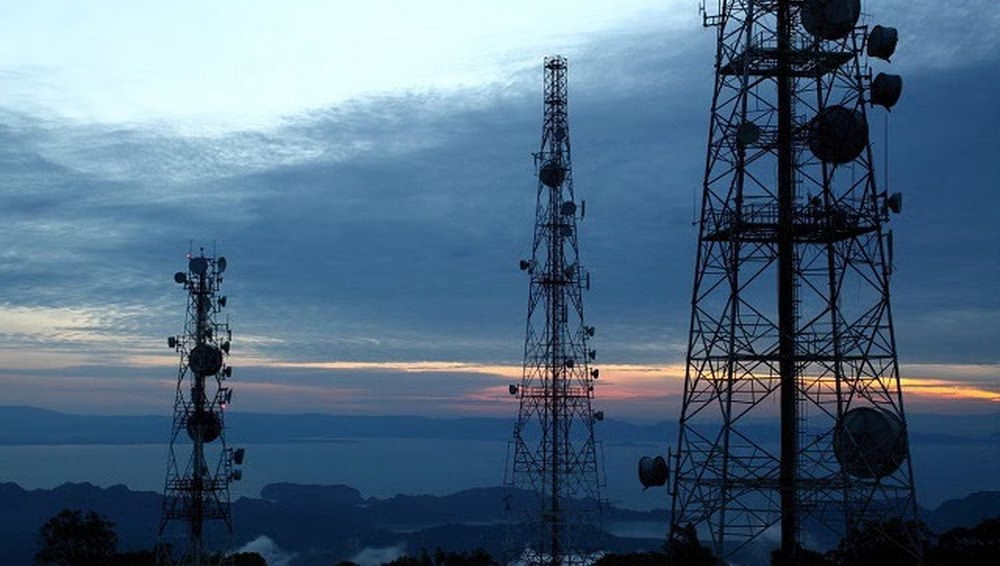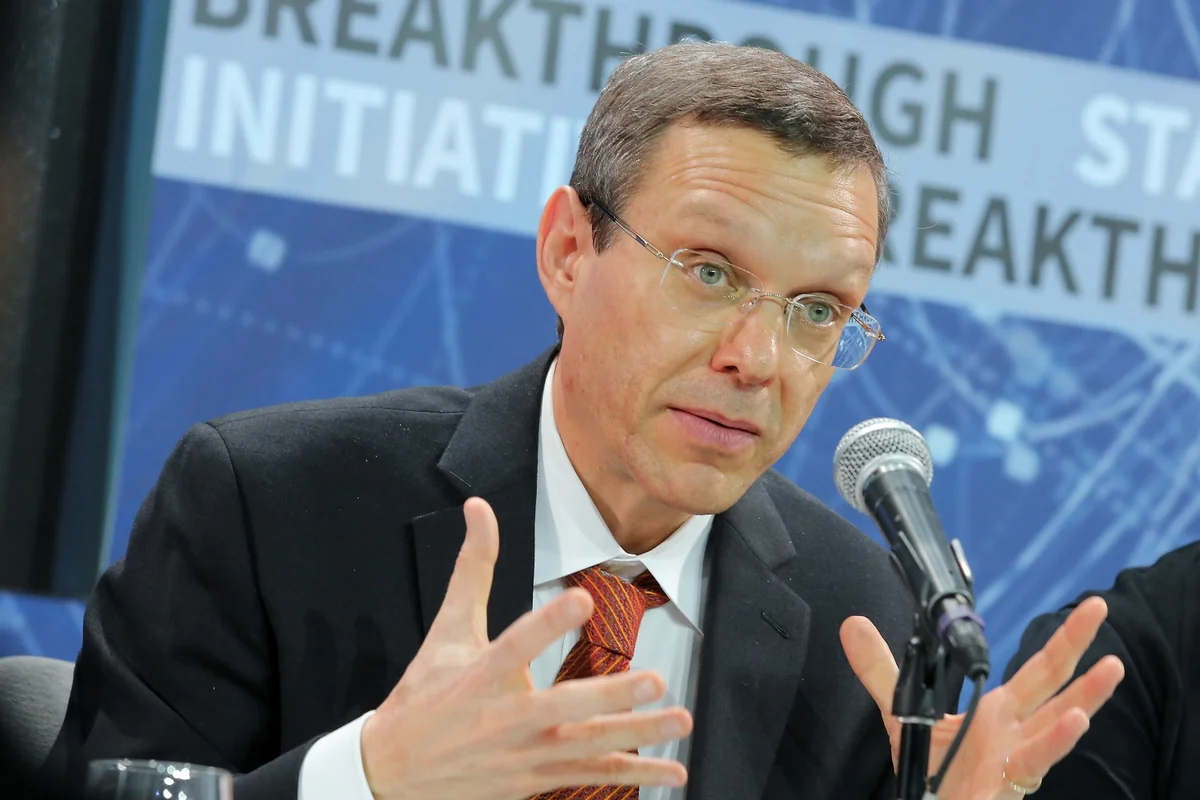The long-standing issue of Rs. 78 billion in unpaid dues by Long Distance International (LDI) telecom operators remains unresolved, with the Pakistan Telecommunication Authority (PTA) and the Ministry of Information Technology struggling to find common ground with telecom companies.
Despite multiple hearings at the PTA headquarters in Islamabad, no meaningful breakthrough has been reached. The impasse continues to stall the renewal of licenses for nine LDI companies, whose licenses have already expired.
Disputed Dues and Broken Talks
Sources close to the matter revealed that the core of the issue lies in disagreements over license renewals and payment methods. The total dues amount to Rs. 78 billion, with Rs. 24 billion being the principal amount and a staggering Rs. 54 billion as late payment surcharges.
PTA has made it clear that dues must be paid in full before any license renewal can proceed. However, LDI firms argue that the penalty surcharges are excessive and unfair, calling into question the legitimacy of the surcharge policy.
Reluctance from Authorities
Both PTA and the Ministry of IT have been reluctant to take ownership of the issue. This hesitation stems from concerns about possible scrutiny from the National Accountability Bureau (NAB) if any policy favors telecom firms without due process. A senior official at PTA reportedly stated that any decision involving waivers or flexible installment plans requires a clear policy directive from the Ministry of IT.
PTA officials have also hinted at the possibility of license cancellation as the safest legal recourse if dues are not cleared. This move, however, could lead to service disruptions and raise concerns among foreign investors about regulatory risk in Pakistan’s telecom sector.
Failed Installment Options
One of the few options discussed during the hearings was to allow LDI companies to pay dues in installments. PTA even invited the companies to propose their own installment frameworks. However, telecom firms rejected PTA’s conditions for the payment plans and declined to submit any alternative proposals, citing a lack of trust in the regulatory process.
Of the nine affected companies, five showed partial willingness to pay the principal amount in installments, yet even they objected to the PTA’s proposed conditions. The remaining four companies have outright rejected any installment-based settlement, insisting on a full waiver or a completely revised agreement.
Legal Roadblocks and Court Involvement
The ongoing deadlock has now spilled into the judicial system, with several LDI companies filing cases in court to seek relief against PTA’s payment demands and conditions tied to license renewals. This legal route is expected to further delay resolution and complicate the policy response from the federal government.
Fear of Setting a Precedent
Officials from the Ministry of IT have expressed concerns that offering payment waivers or easing penalties might create a dangerous precedent for other telecom operators. If one group is given relaxation, others may follow, leading to widespread payment defaults in the sector.
A Call for High-Level Talks
To break the impasse, PTA Chairman has proposed a joint high-level meeting between the leadership of LDI companies and the Federal IT Minister. The idea is to facilitate transparent dialogue and perhaps reach a policy consensus that satisfies both legal and financial considerations.
However, it remains to be seen if such a meeting will take place anytime soon and whether it will lead to a workable solution. Until then, the Rs. 78 billion telecom dues continue to hang in the balance, creating uncertainty in one of Pakistan’s most vital digital sectors.
The telecom sector plays a crucial role in Pakistan’s digital economy and global connectivity. With Rs. 78 billion in dues unresolved, expired licenses, and legal challenges piling up, the situation demands immediate and transparent action from both regulators and industry players.
Without swift resolution, this standoff could set back Pakistan’s ambitions for nationwide 5G rollout, improved telecom services, and foreign investor confidence in the digital infrastructure space.



